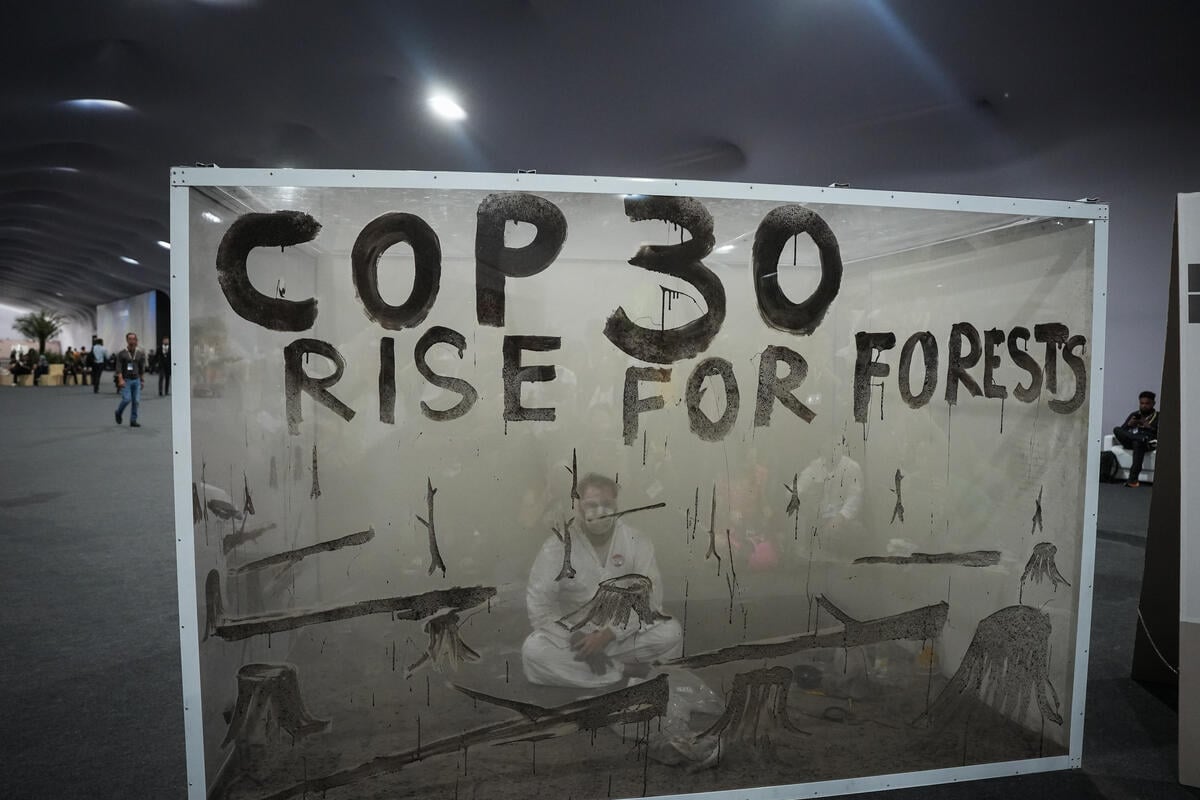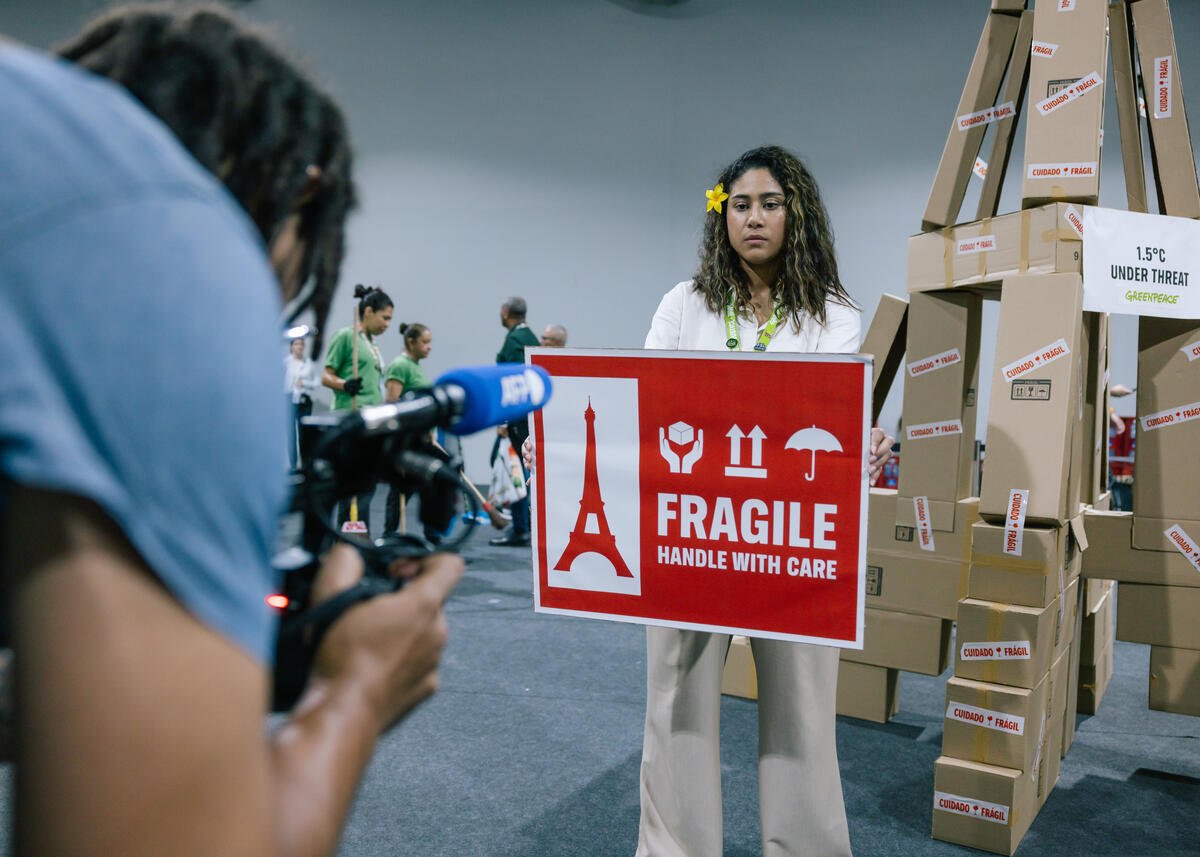Certification is not a solution to deforestation, forest degradation and other ecosystem conversion. In this report, we show how certification on its own has not helped companies meet their 2020 commitments to exclude deforestation from their supply chains.
The purpose of this report is to assess the effectiveness of (mainly voluntary) certification for land-based commodities as an instrument to address global deforestation, forest degradation and other ecosystem conversion and associated human rights abuses (including violations of Indigenous rights and labour rights). Ultimately the aim is to inform decision making by governments and companies on what role certification can play as a tool for cleaning up supply chains, what reforms are required and what other measures are needed to address the wider biodiversity and climate crises.
The analysis in this report shows that certification is a weak tool to address global forest and ecosystem destruction.
While some certification schemes have strong standards, weak implementation combined with a lack of transparency and product traceability means even these schemes have major failings. Too many certified companies continue to be linked to forest and ecosystem destruction, land disputes and human rights abuses. Currently, certification enables destructive businesses to continue operating as usual. By improving the image of forest and ecosystem risk commodities and so stimulating demand, certification risks actually increasing the harm caused by the expansion of commodity production. Certification schemes thus end up greenwashing products linked to deforestation, ecosystem destruction and rights abuses.
Download the full report here: Destruction: Certified
Annex: Responses from certification schemes to opportunity to comment
Note: This report was updated on 16 March 2021 with the following changes:
• Page 6: To the question “Requirement for rotation of auditors and/or CBs?”, the answer for RTRS was changed from a “no” to a “yes”.
• Page 45: “ProTerra reports that SLC Agrícola was excluded from the latest cycles of the Lidl initiative, but according to the company’s website the two farmsin question have retained their certified status.” was added at the end of the text.
• Page 81: After the sentence ‘The Board of Directors …. connected to FoodChain ID’, the following footnote was added: ‘Brad Riemenapp is President & CEO of FoodChain ID. Augusto Freire left his position at FoodChain ID in January 2021’
• Page 81: Instead of “The Stakeholder Council has a strategic advisory role; it is composed of between three and nine members, with the current composition representing one soy producer, three feed companies, one food manufacturer and one food retailer.” the text now reads “The Stakeholder Council has a strategic advisory role; it is composed of between three and nine members, with the current composition representing only the industry”.



